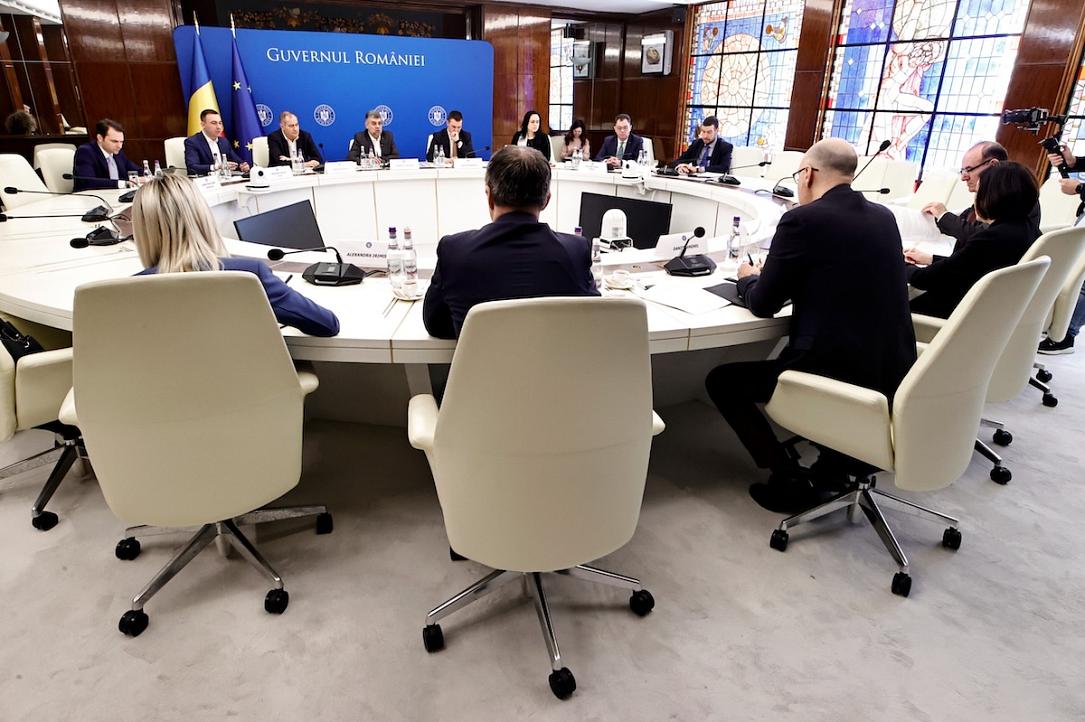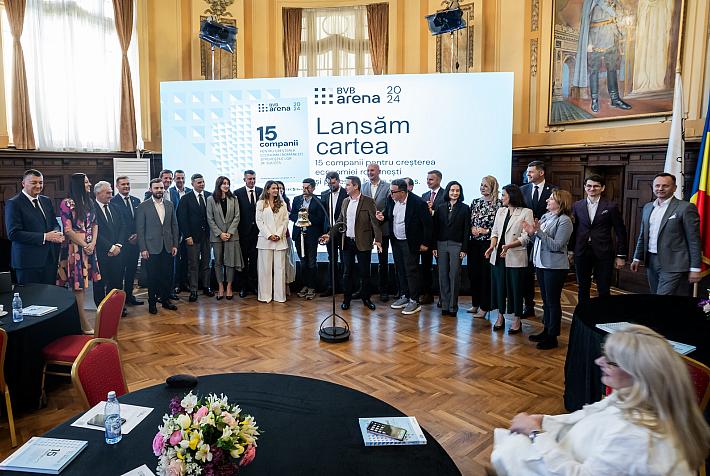Foreign investors in Romania warn Govt. about "tax on investments," other fiscal measures

The Board Members of the Foreign Investors Council (FIC) met on February 19 with prime minister Marcel Ciolacu and key economic ministers on topics such as Romania's long-term development strategy, stimulating private investment, and reforming the fiscal framework.
FIC representatives pointed out that the results of the FIC Business Sentiment Index show a trend of putting investments on hold due to political uncertainty, budget deficit, and fiscal measures.
FIC reaffirmed its commitment to collaborate with the government in order to identify the most sustainable measures for Romania's economy but also warned about the medium and long-term negative impact that taxes on investments could have on the economy, and consequently to the contributions to the state budget. It is not clear what "tax on investments" FIC envisages.
The FIC also said it would provide the Romanian government with the package of macroeconomic analysis and studies prepared by their experts and "will continue contributing to define a long-term vision for Romania's development."
Romania has already enacted a first fiscal corrective package at the end of last year, addressing both the public and private sectors, and will probably have to endorse more such measures in order to achieve the planned fiscal consolidation trajectory this year and in the years to come.
Among the measures already endorsed, the government cut expenditures (bonuses in the public sector), froze the wages and pensions in the public sector, but also eliminated tax allowances in sectors seen as critical in the past, and re-introduced a tax on non-building structures ("tax on pole").
Net Foreign Direct Investments to Romania decreased by 11% y/y to 1.6% of GDP in 2024
The net flow of foreign direct investments (FDI) to Romania contracted by 11% y/y to EUR 5.7 billion in 2024, according to data published by the National Bank of Romania (BNR).
Of this, EUR 4.0 billion (-20% y/y) was reinvested earnings. The FDI companies thus reinvested just over one-third of the EUR 11.6 billion revenues they derived from local operations.
The remaining revenues generated by the FDI companies, specifically nearly EUR 7.6 billion, were repatriated. For context, the stock of FDI in Romania increased by 6% y/y (+EUR 6.6 billion) to nearly EUR 125 billion at the end of 2024.
The net FDI, other than the reinvested earnings (new equity and loans extended by parent groups to local subsidiaries), was EUR 1.66 billion in 2024, up from EUR 1.33 billion in 2023.
iulian@romania-insider.com
(Photo source: FIC)












